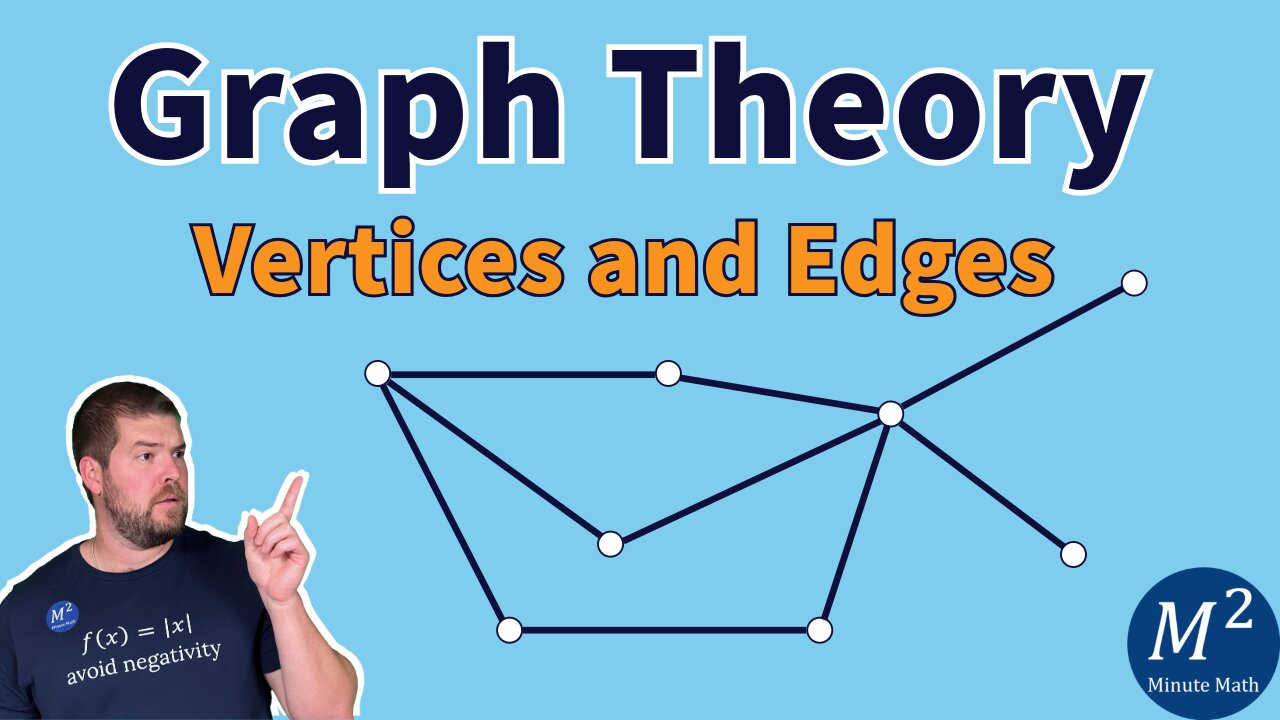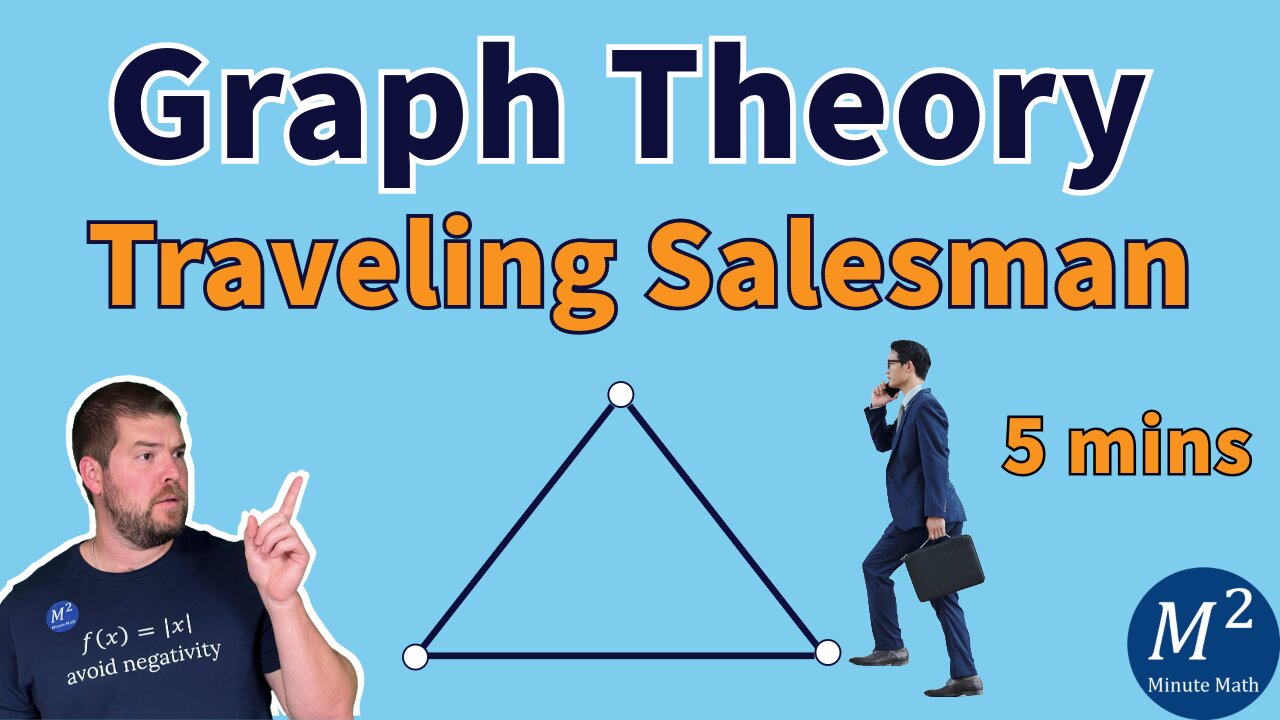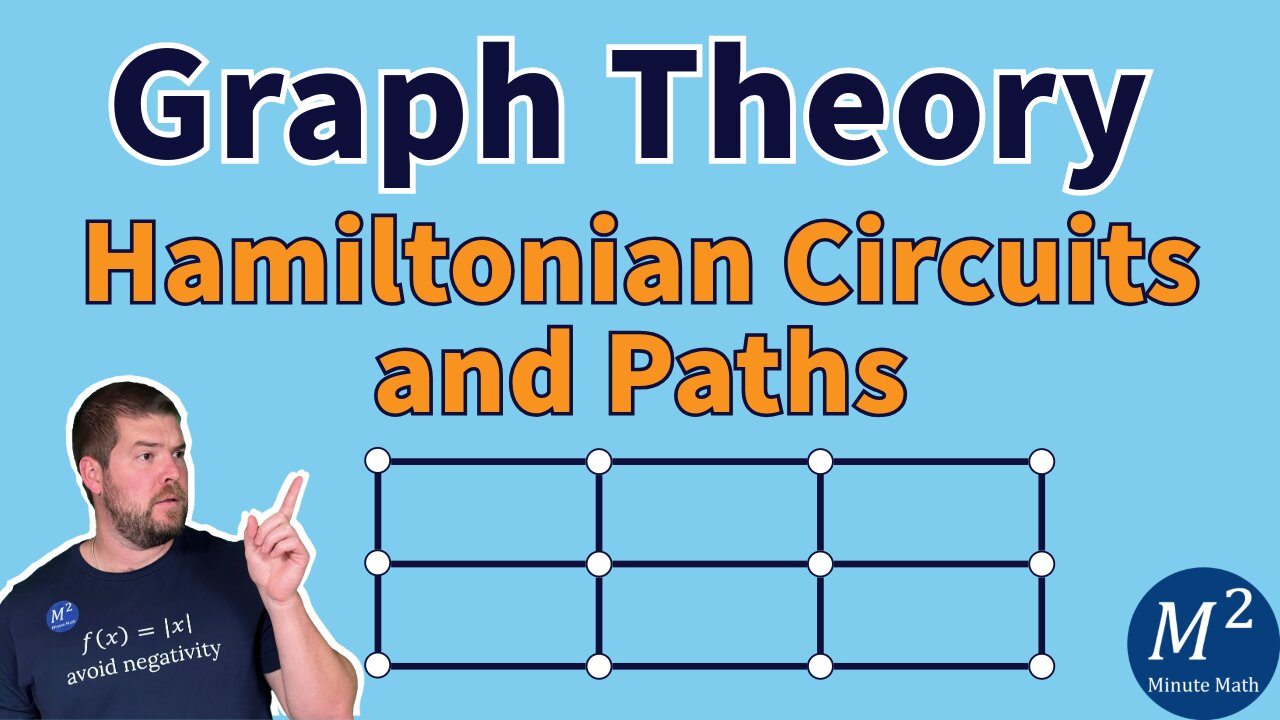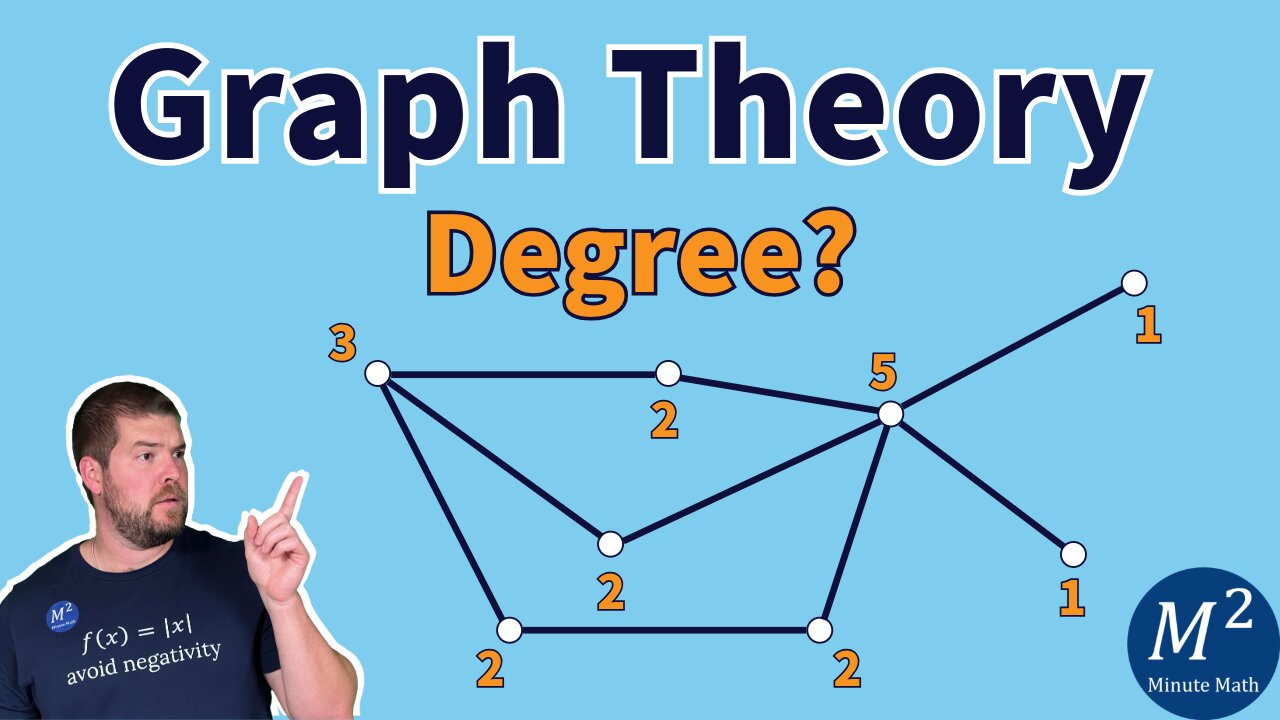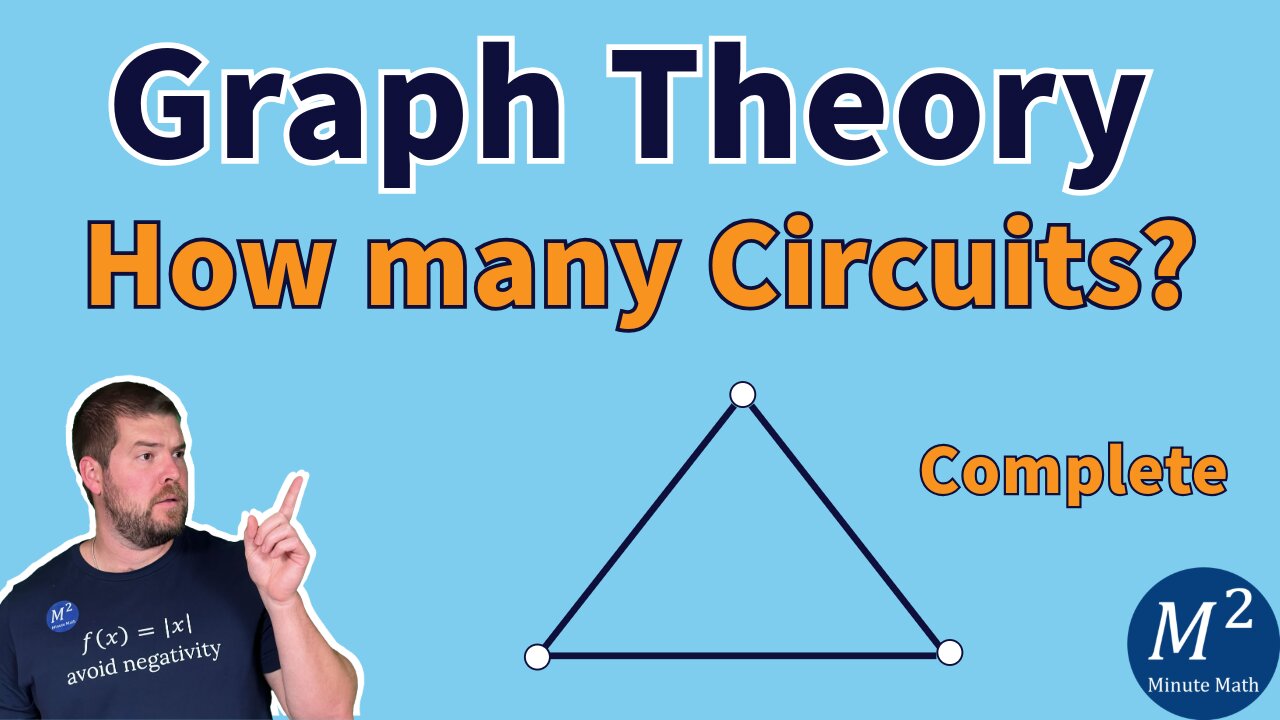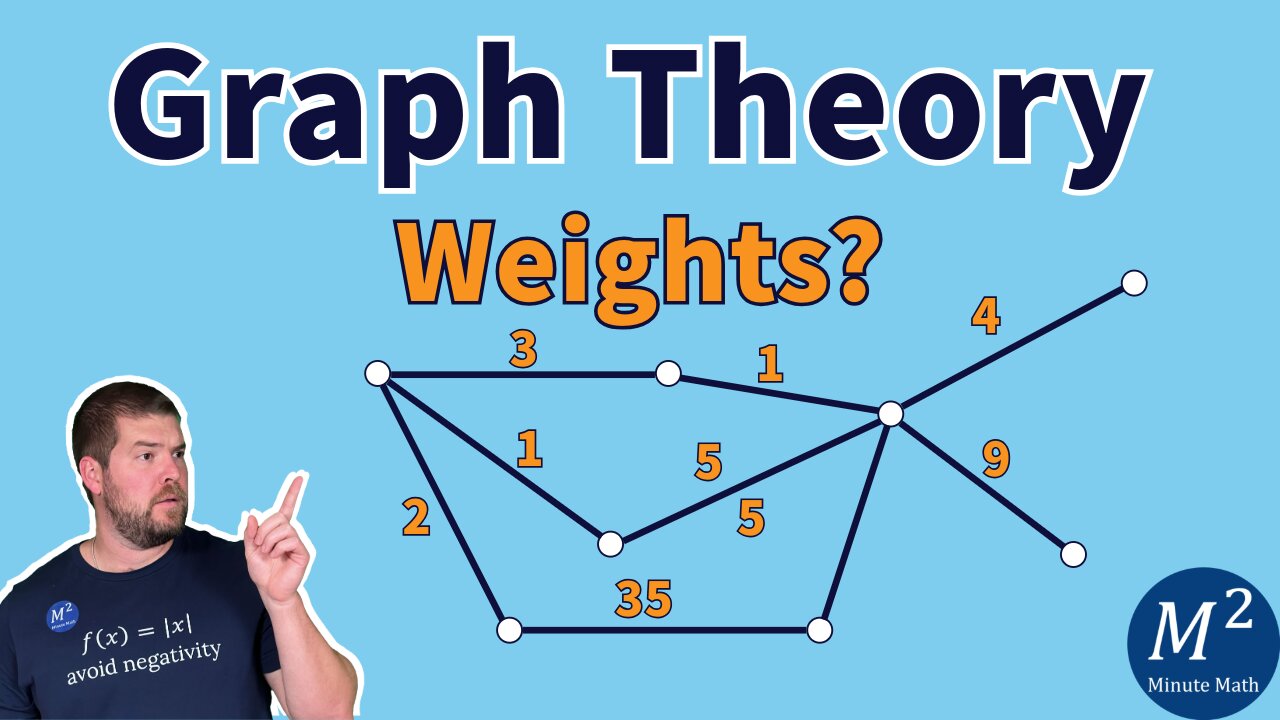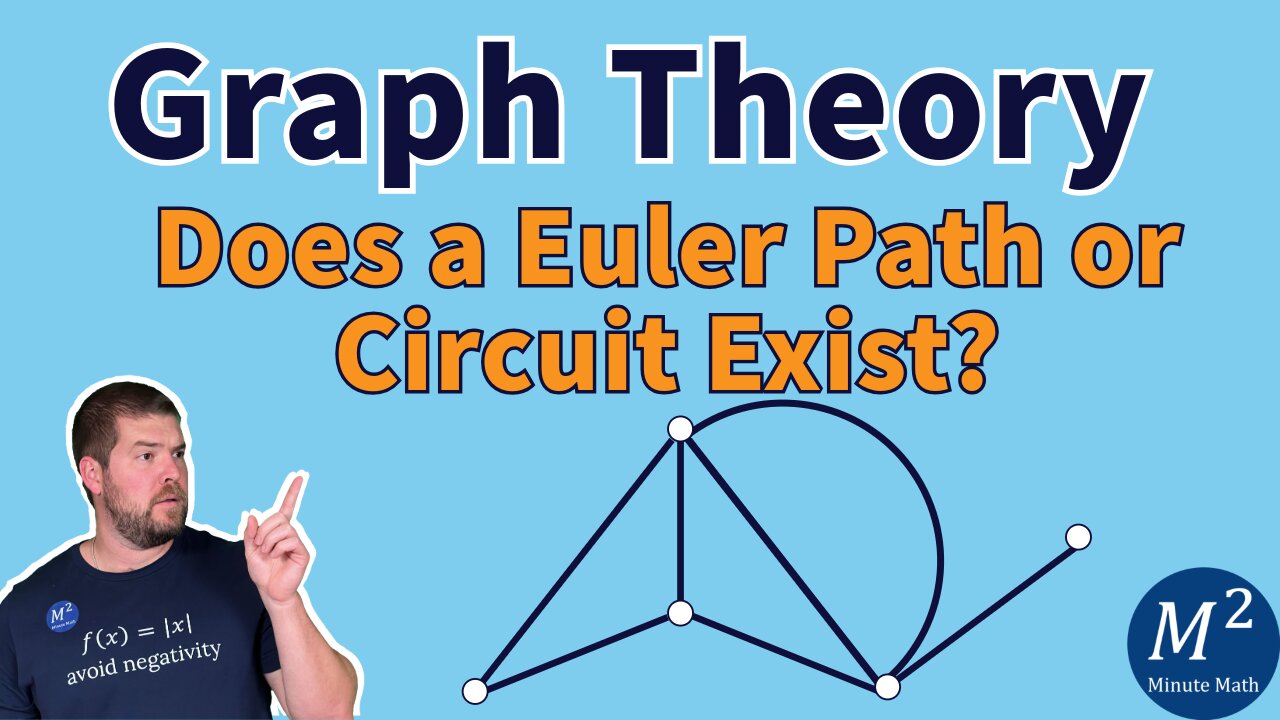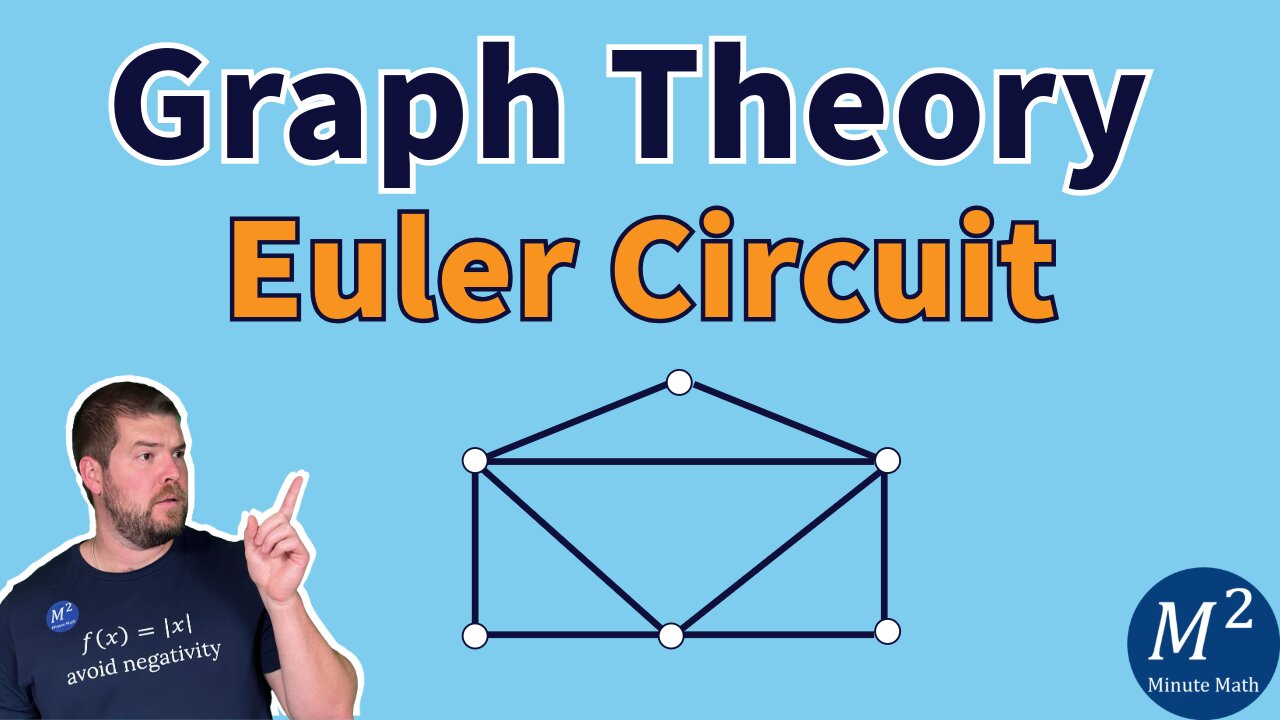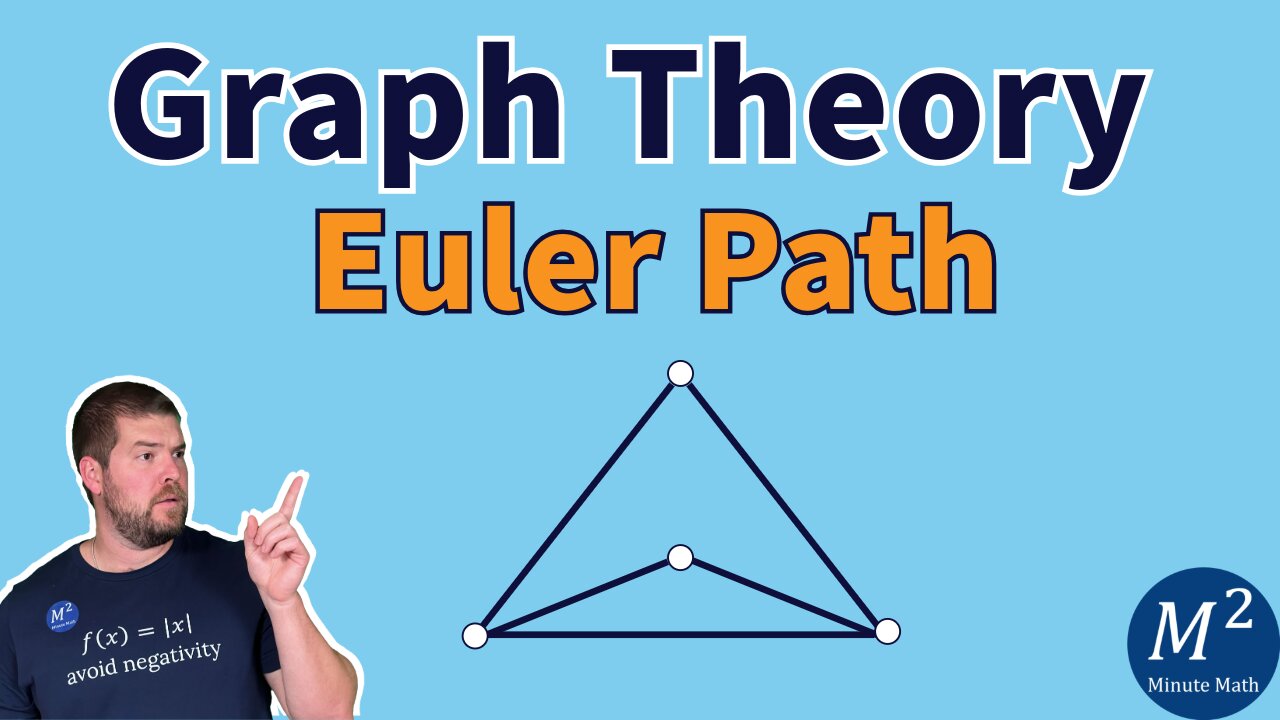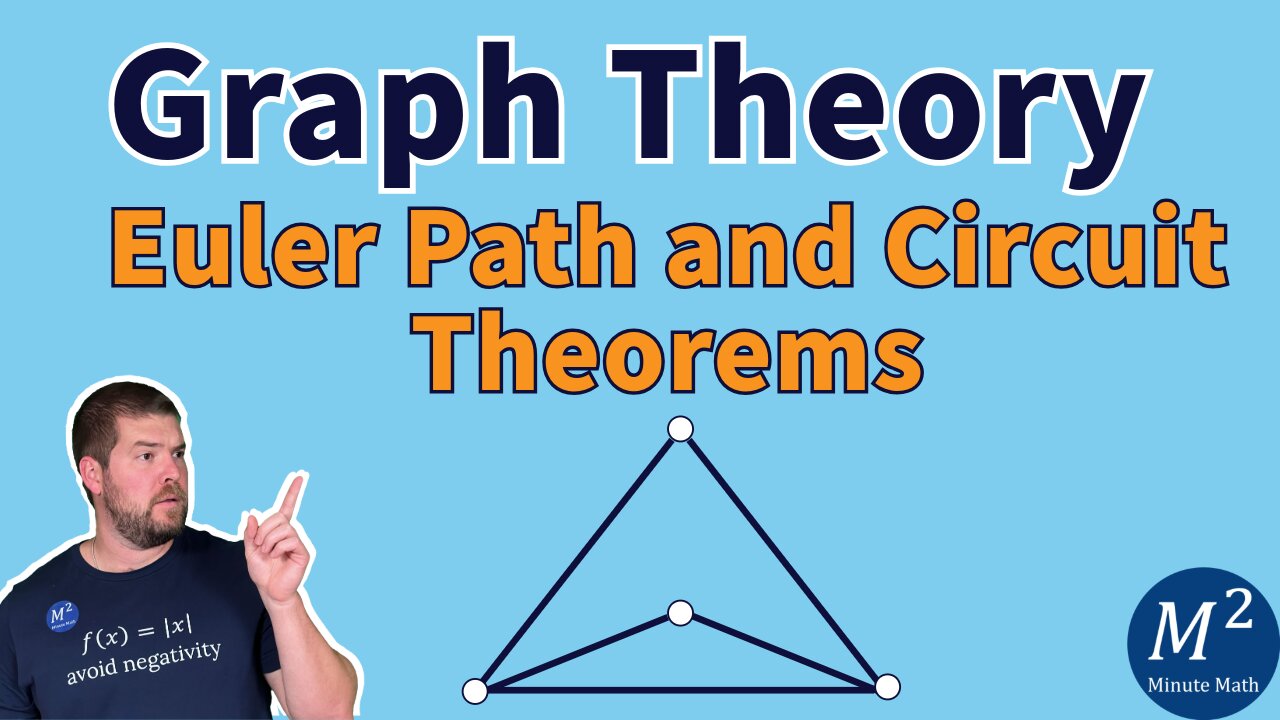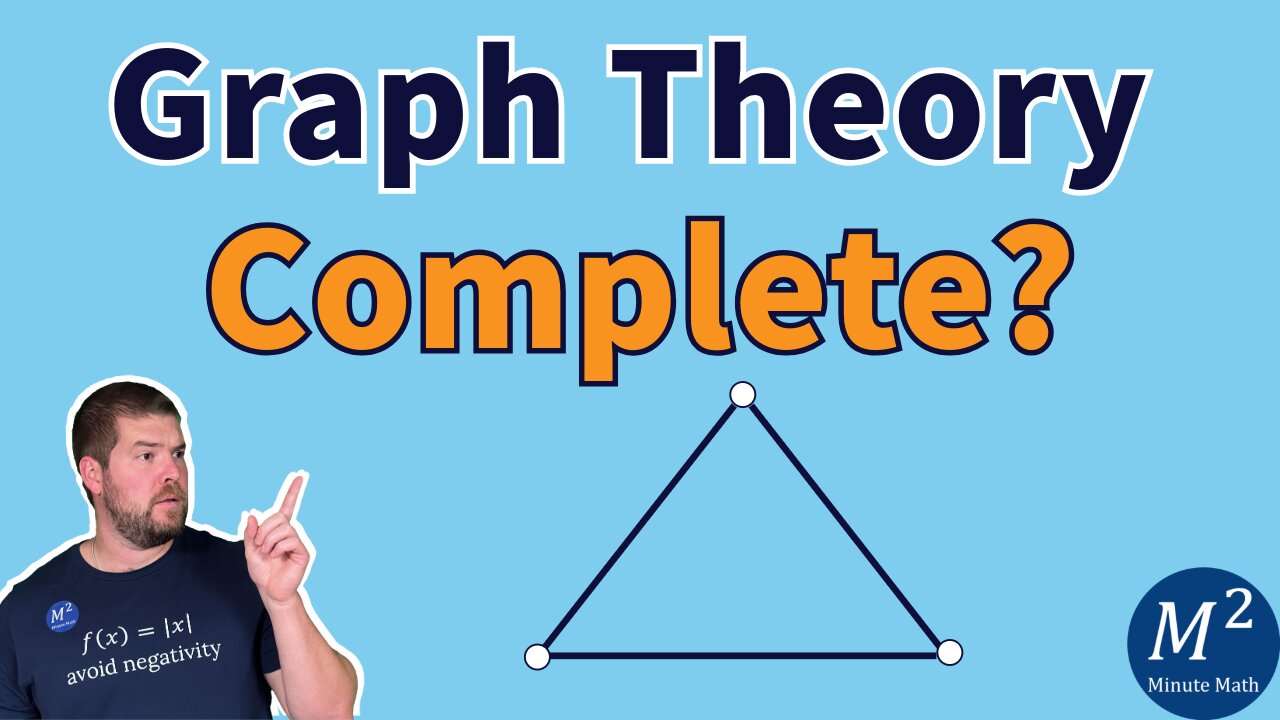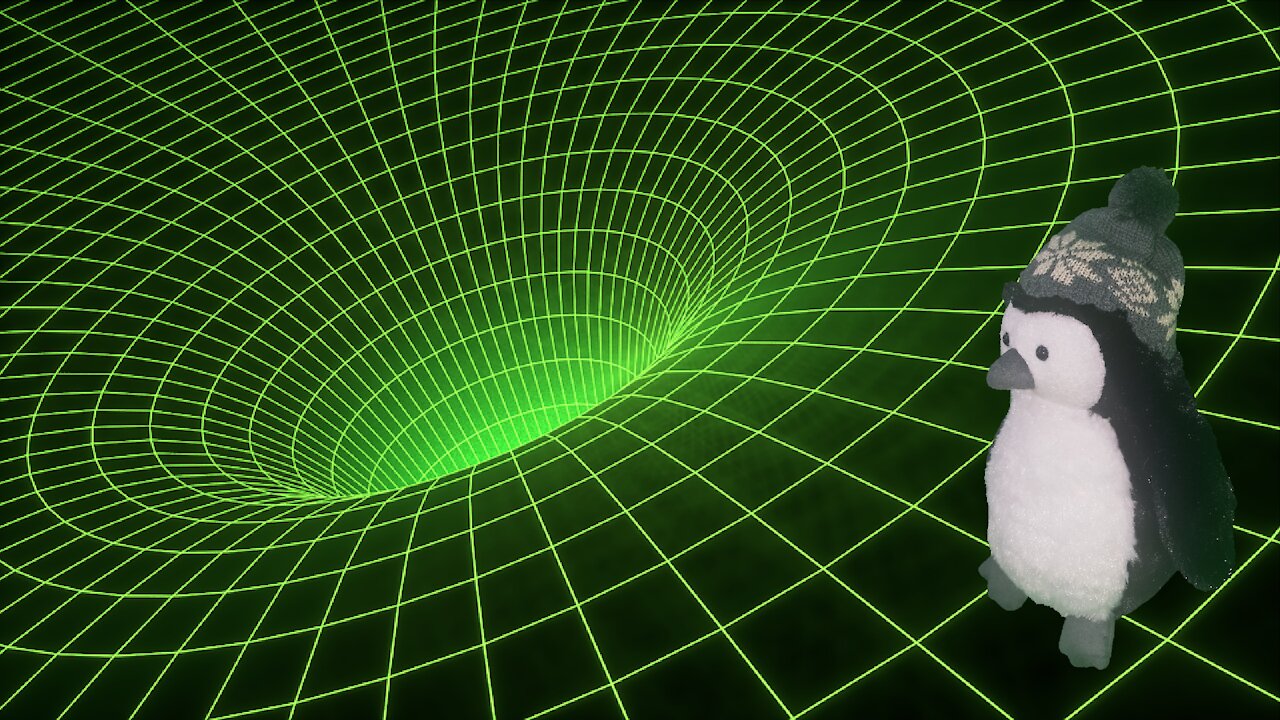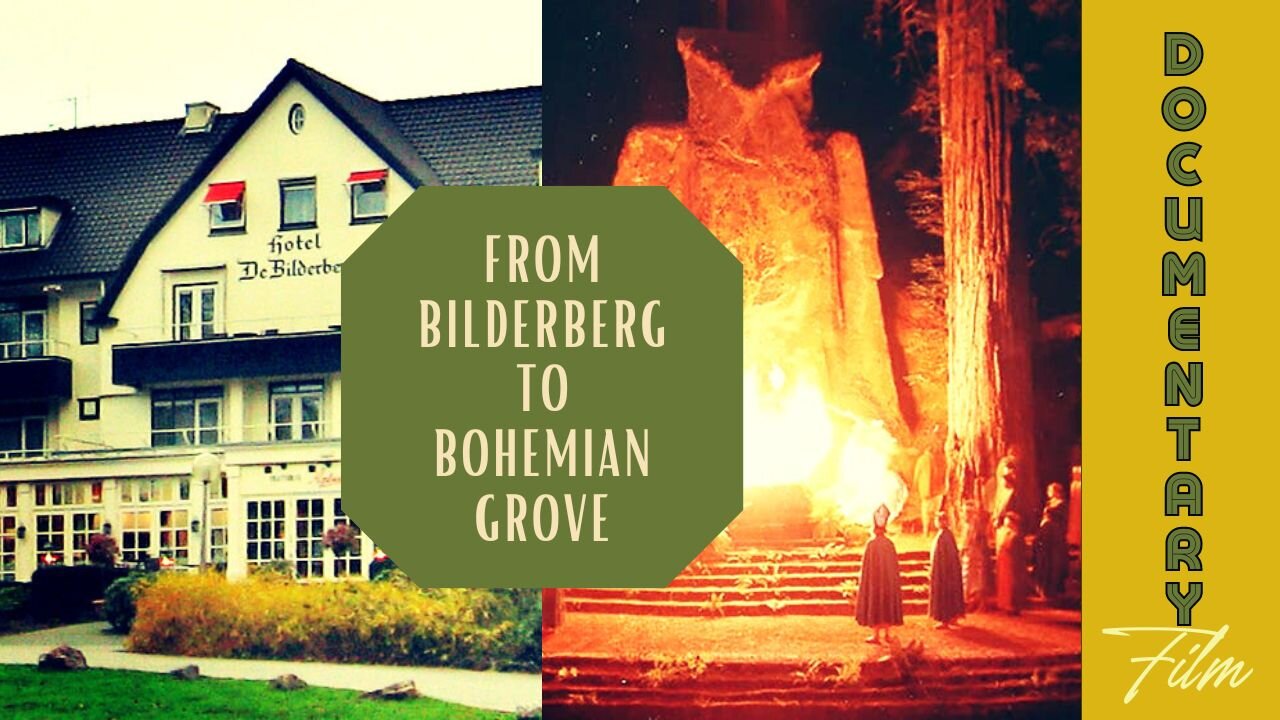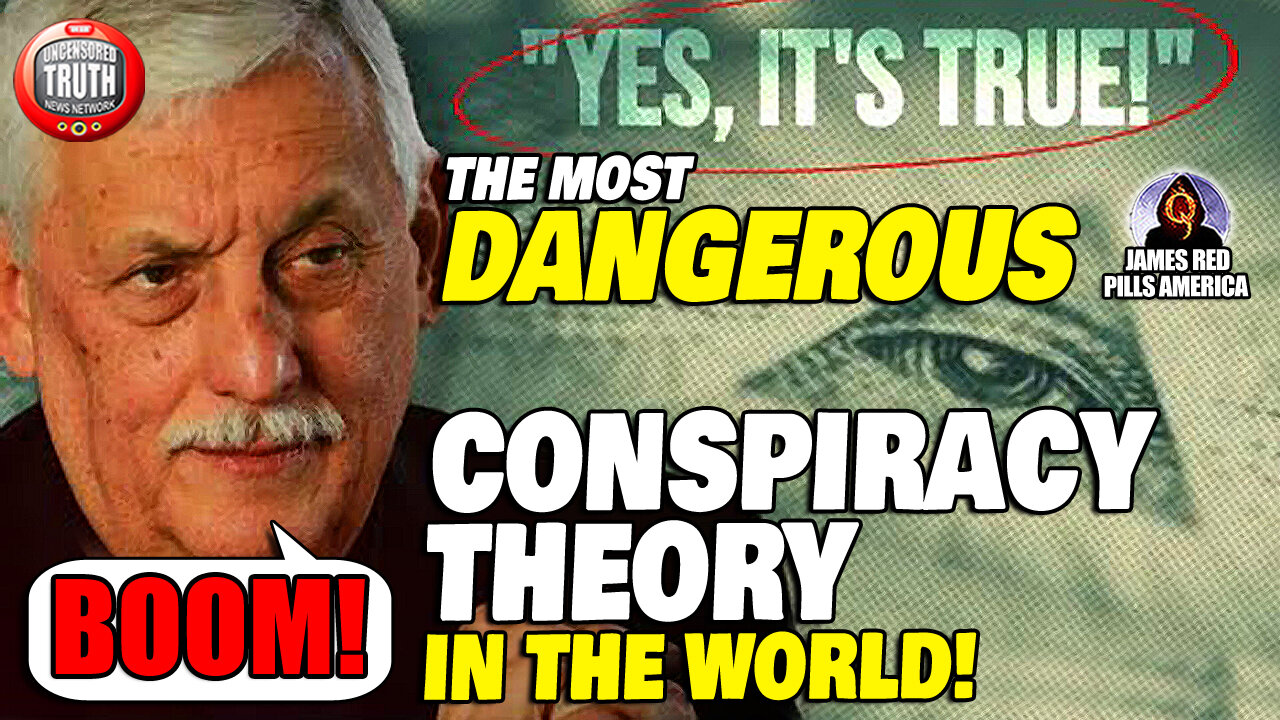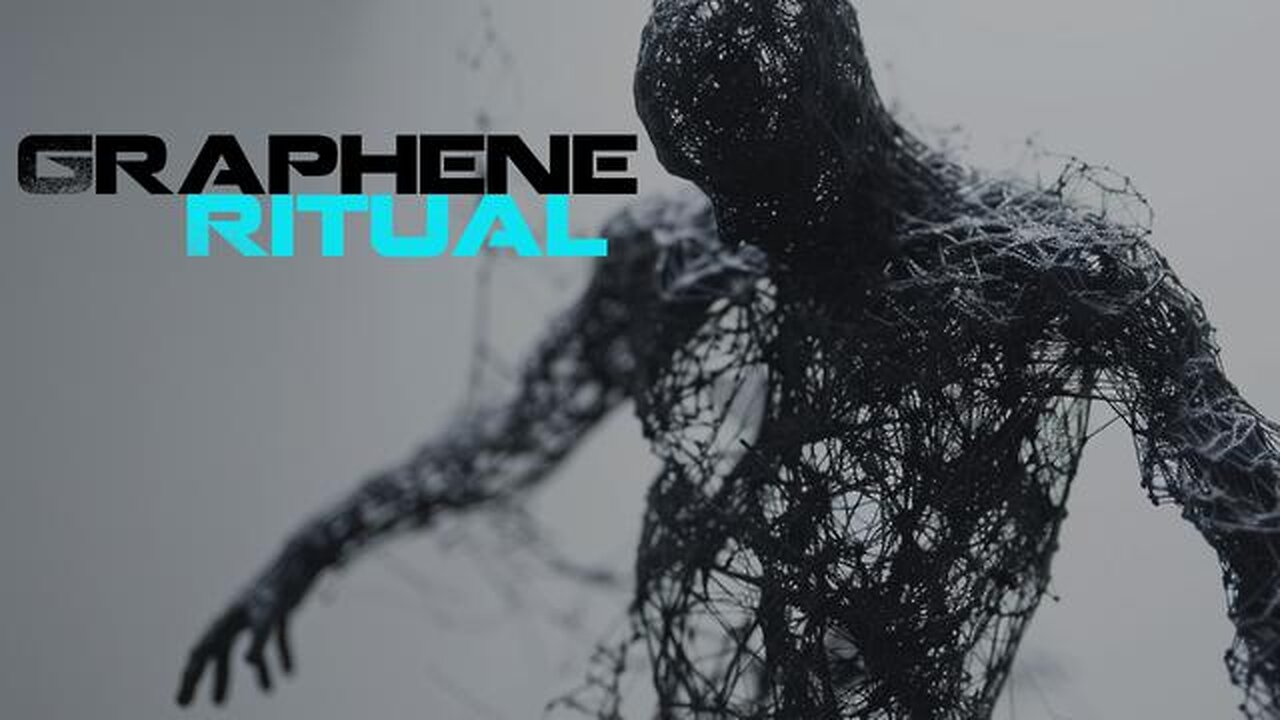Bob Woodson - The Civil Rights movement has been hijacked by Critical Race Theory
Reality is a simulation (Pt. 2), Explained! The Simulation Hypothesis Documentary | Matrix Theory
All inserts were taken from the book, Digital Reality: Our Universe is a Simulation, by Michael Cage and Howard West. Visit Author's Website: https://www.howardwestbooks.com/digital-reality-michael-cage eBook | Amazon: https://www.amazon.com/DIGITAL-REALITY-Our-Universe-Simulation-ebook/dp/B09L1LYGXJ/ref=sr_1_1?crid=W1J2SBKLF8A6&keywords=howard+west+digital+reality&qid=1684007339&s=books&sprefix=howard+west+digital+reality%2Cstripbooks%2C246&sr=1-1 Softcover | Lulu Books: https://www.lulu.com/shop/michael-cage/digital-reality/paperback/product-2g7wkd.html?q=Digital+Reality+Michael+Cage&page=1&pageSize=4 For best pricing, go to author's website: https://www.howardwestbooks.com/ This powerful documentary, "Reality is a simulation (Pt. 2), Explained! The Simulation Hypothesis Documentary | Matrix Theory" is sure to be a blast! The Simulation Hypothesis: Exploring Reality as a Simulation The Simulation Hypothesis, also known as the reality-as-a-simulation concept, proposes that our existence and the entire universe might be nothing more than a complex simulation, or virtual reality, created by advanced beings, or computers. This hypothesis has gained traction in various fields, including philosophy, science, and even popular culture. In this documentary, we will delve into the intricacies of the Simulation Hypothesis, exploring Virtual Reality, Matrix Theory, and the Nature of Reality, while examining the scientific hypotheses and philosophical implications surrounding this fascinating concept. The Simulation Hypothesis: The Simulation Hypothesis posits that our reality is analogous to a computer-generated simulation, akin to a sophisticated video game or virtual reality experience. According to this hypothesis, advanced beings, possibly future humans or extraterrestrial entities, have created and continue to maintain this simulated universe. It suggests that what we perceive as the physical world, including ourselves and all the laws governing our reality, is a meticulously designed program or simulation. A Universe Simulation and Scientific Hypothesis: Within the framework of the Simulation Hypothesis, the concept of a Universe Simulation refers to the idea that the entire cosmos is a simulated construct, an intricate network of code and algorithms. Scientific hypotheses arise from the simulation theory, exploring the possibility of advanced civilizations harnessing computational power to simulate realities. These hypotheses contemplate the technology, physics, and mathematics necessary to create and sustain such a simulation, including concepts from quantum mechanics, information theory, and computer science. Exploring the Nature of Reality: The Simulation Hypothesis challenges our traditional understanding of reality. It raises profound questions about the nature of existence, consciousness, and perception. The hypothesis suggests that our experiences and sensations are mere illusions, carefully crafted within the simulated environment. This illusion of reality can be likened to the way virtual reality immerses users in computer-generated worlds, fooling their senses into perceiving an alternate reality. Matrix Theory and Philosophy of Simulation: Matrix Theory, popularized by the film "The Matrix," aligns with the Simulation Hypothesis. It proposes that humans are living within a simulated construct, oblivious to the true nature of their existence. The Philosophy of Simulation delves into the philosophical implications arising from the concept. It questions the fundamental nature of reality, our purpose within the simulation, and whether free will exists or if it is merely an illusion. Digital Reality and Simulation Theory Explained: Digital Reality refers to the idea that our perceived physical world is a digitized representation, analogous to data within a computer system. Simulation Theory seeks to explain the mechanics and processes behind the simulation itself, exploring the underlying algorithms, computational power, and purpose of the simulation. It endeavors to unravel the mysteries of our existence and answer fundamental questions about the nature of reality. Conclusion: The Simulation Hypothesis challenges our conventional understanding of reality, offering an intriguing alternative: that we might be inhabitants of a simulated universe. Concepts such as Virtual Reality, Matrix Theory, and the Philosophy of Simulation help us comprehend the implications of this hypothesis. By exploring scientific hypotheses, quantum mechanics, and the illusory nature of reality, we gain a deeper understanding of the Simulation Hypothesis and its profound philosophical and scientific implications. While it remains a speculative concept, the Simulation Hypothesis pushes the boundaries of our perception, inviting us to contemplate the true nature of our existence within the vast tapestry of a simulated reality.

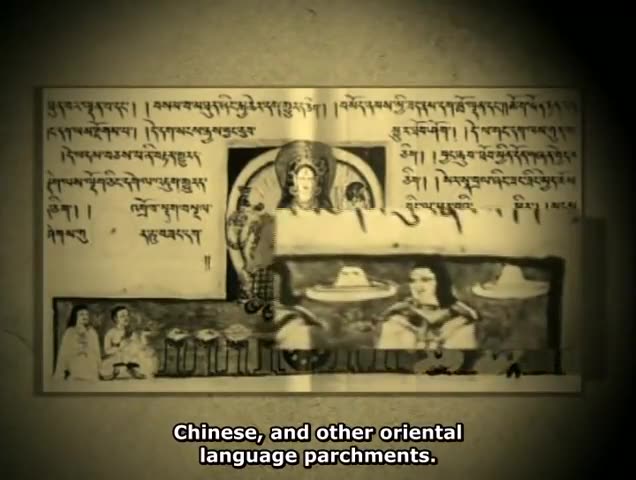




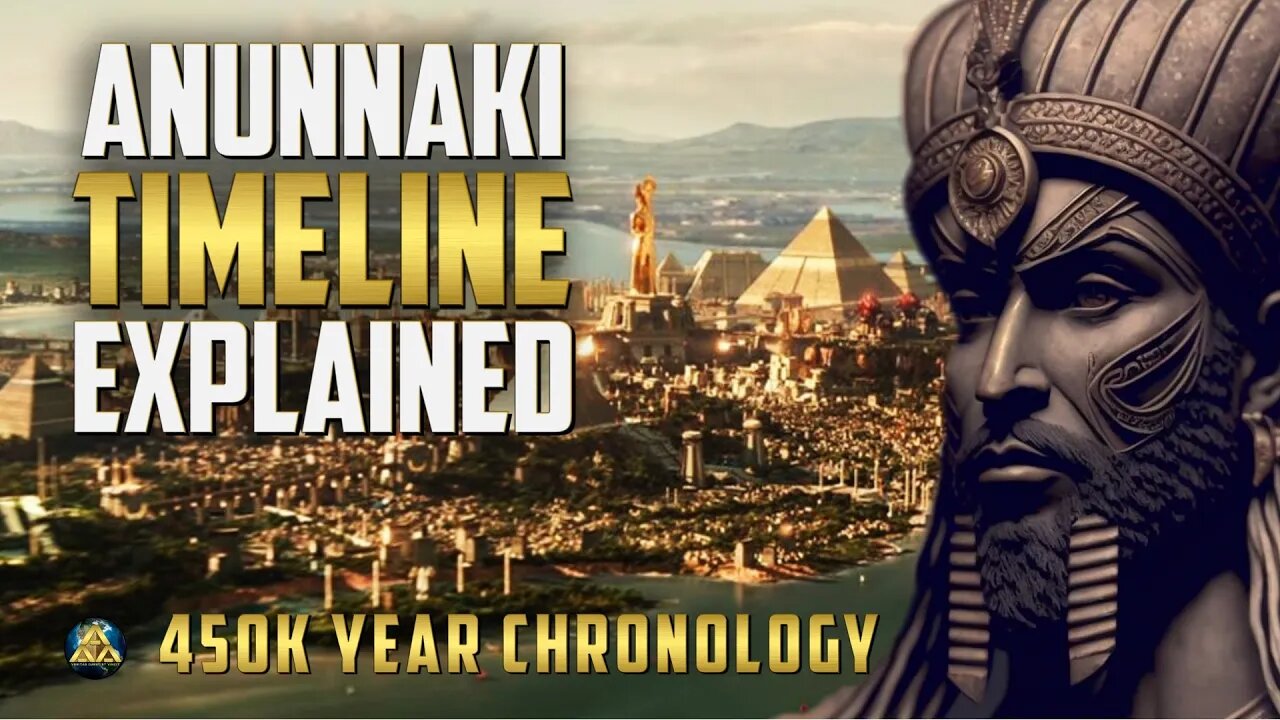
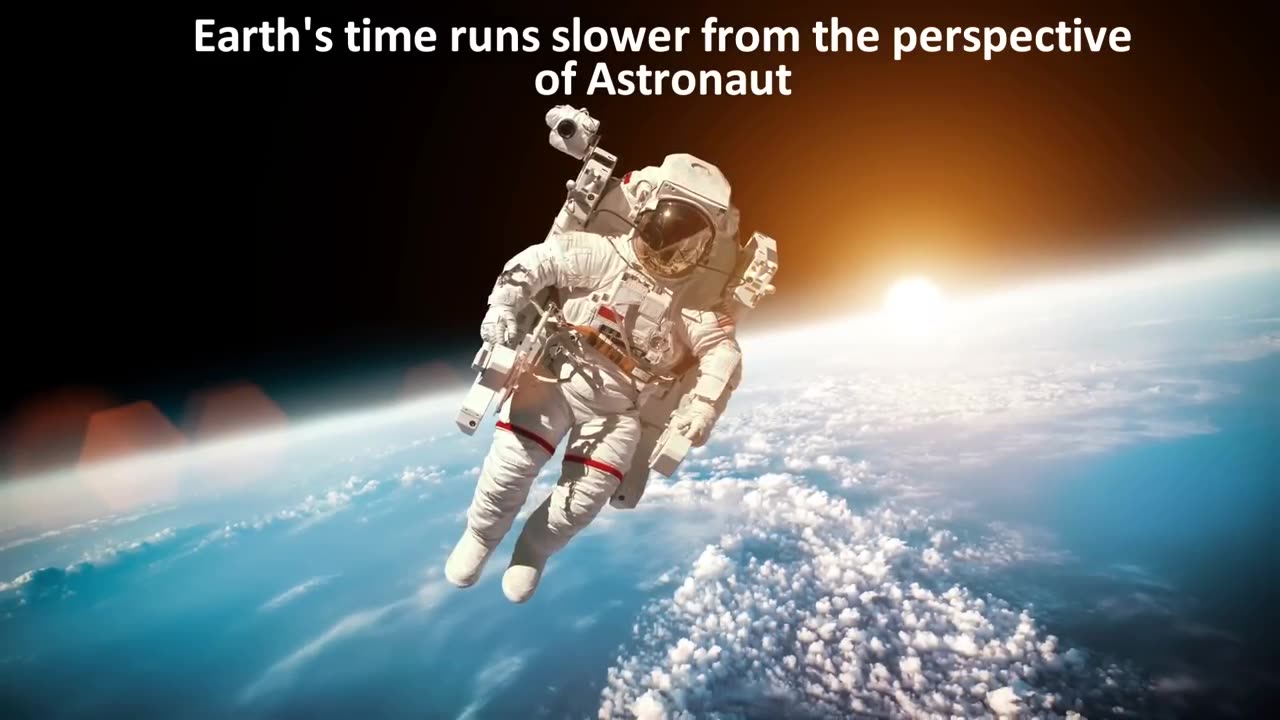
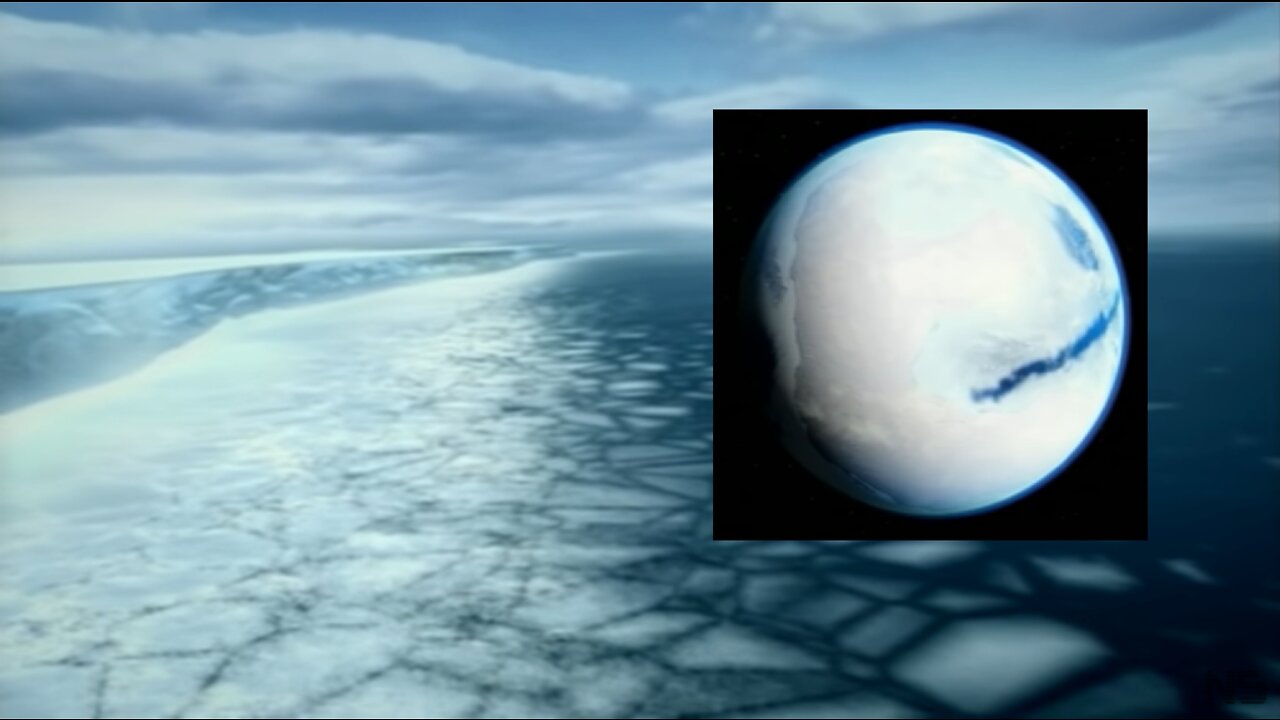
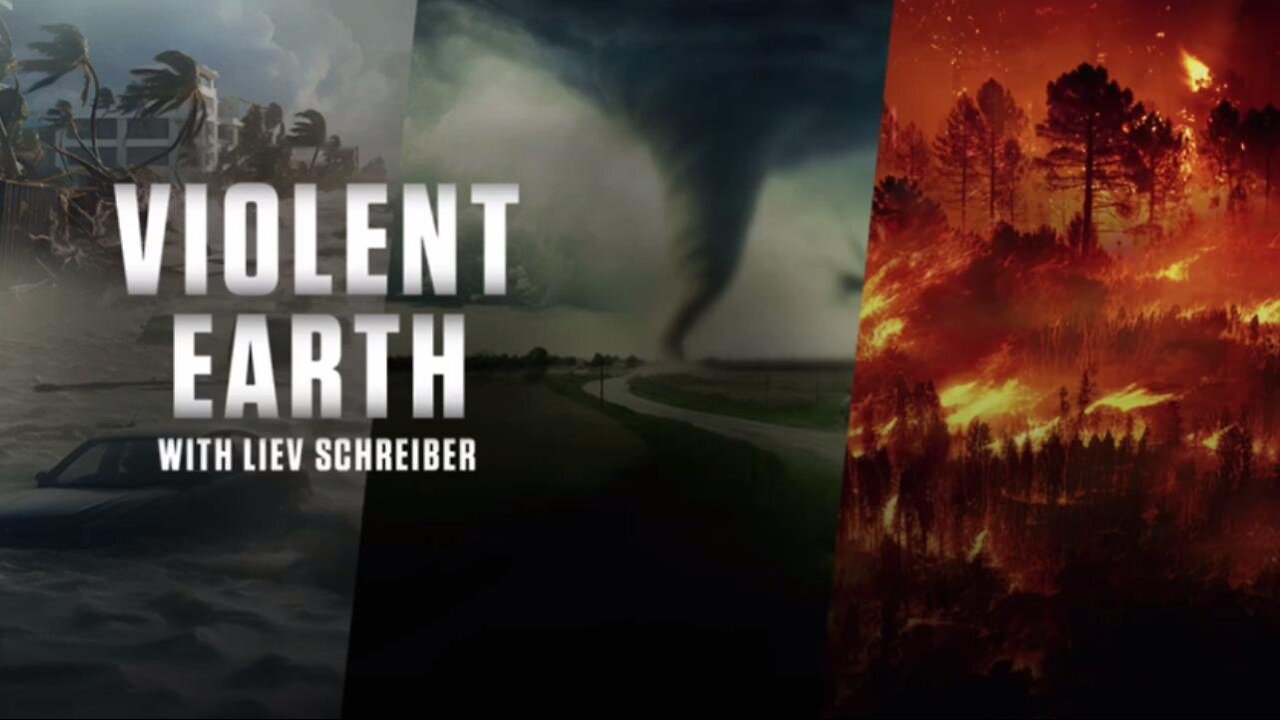
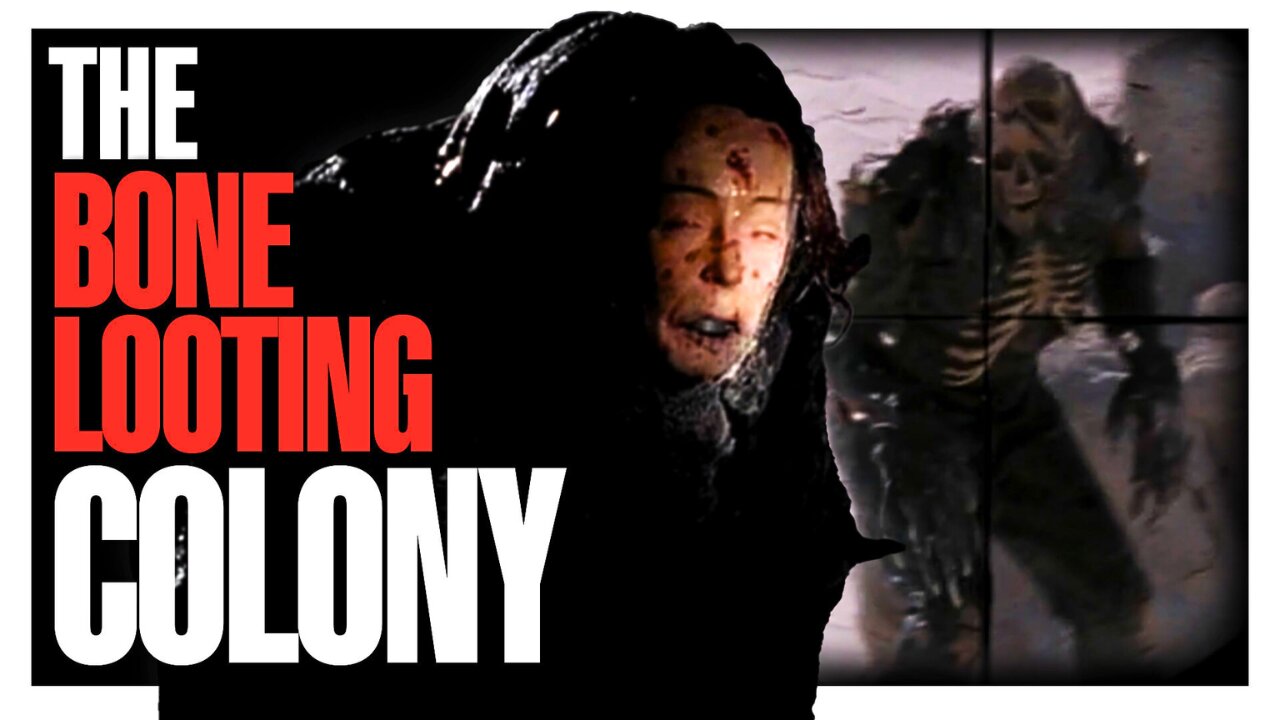
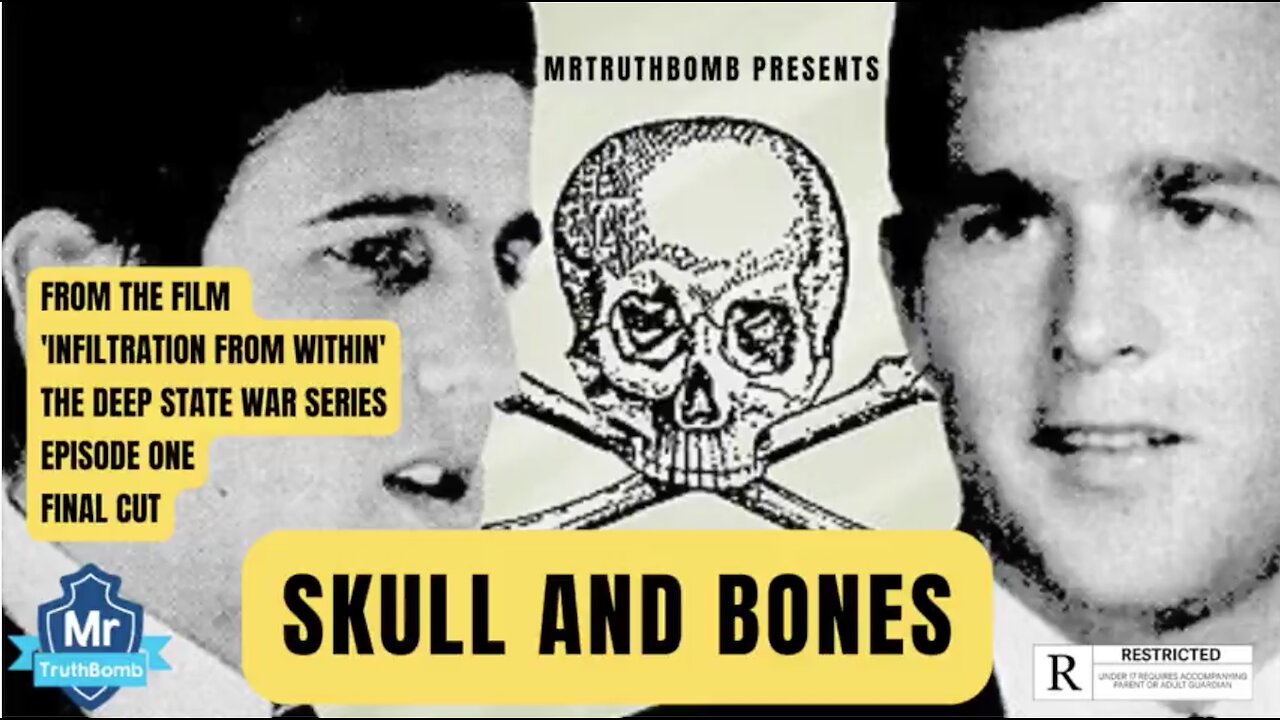

![[With Subtitles] 5G: Friend or Foe? - Full-length documentary](https://hugh.cdn.rumble.cloud/s/s8/1/B/2/y/m/B2yms.qR4e-small-5G-Friend-or-Foe-Full-lengt.jpg)


